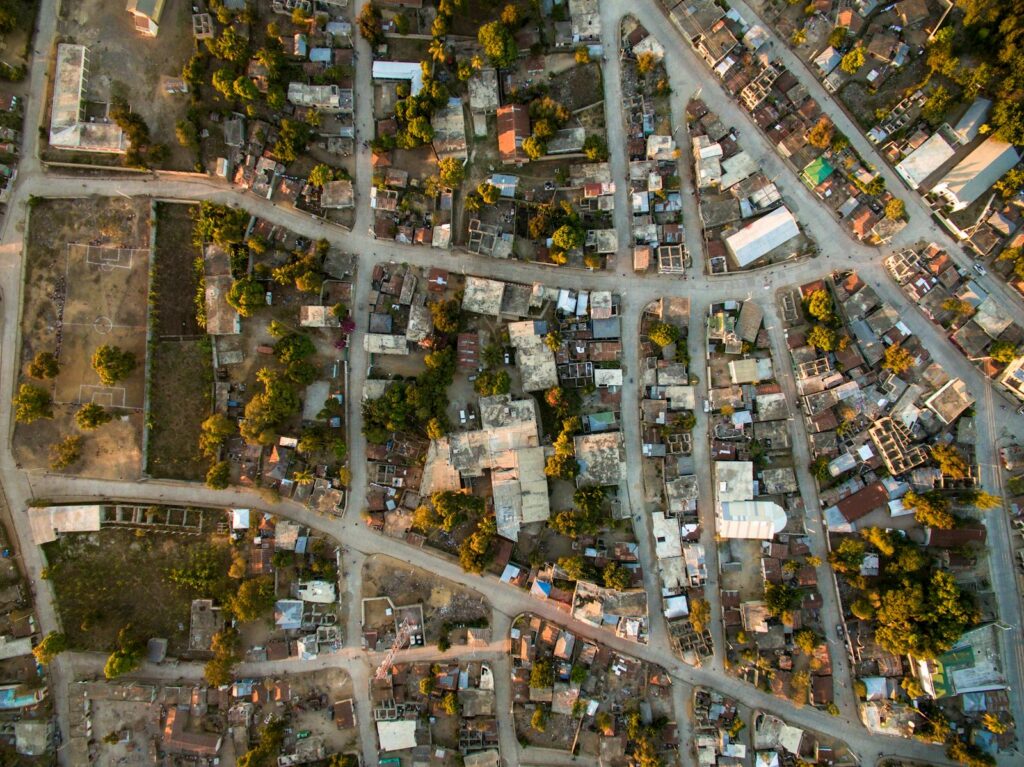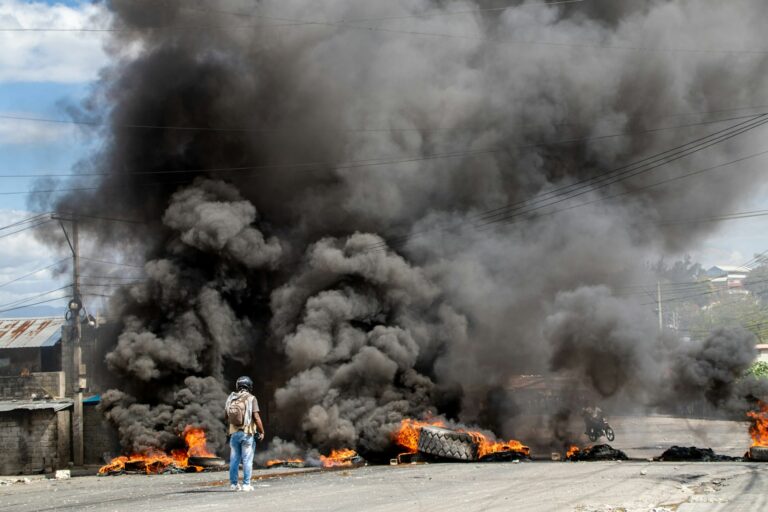The situation in Haiti has reached alarming levels of violence and humanitarian crisis, marking a significant deterioration over the past year. In 2023, more than 8,400 people fell victim to gang violence, a staggering 122% increase from 2022. This violence, predominantly seen in the capital, Port-au-Prince, has spread to other regions, notably the Artibonite department, causing widespread fear and displacing thousands. The increase in gang activities beyond Port-au-Prince, especially in Artibonite, saw a 70% rise in gang-related fatalities from the previous year, with civilian targeting representing a significant portion of the violence. Gangs have not only intensified their control over territories through violence but also engaged in abductions for ransom, and attacks on political figures and officials have become more deadly (UN News) (ACLED Data).

The dire human rights situation has been exacerbated, with January 2024 being the most violent month in over two years. At least 806 people, not involved in the violence, were killed, injured, or kidnapped during this period. The gang violence, now affecting all communes in the Port-au-Prince metropolitan area, has seen gangs clashing for control, utilizing sexual violence as a weapon, and targeting civilians in areas under their control. This has led to a deepening humanitarian crisis, with children being particularly affected by the violence (OHCHR).
The United Nations Security Council has condemned the gang violence, expressing concern over the illicit flow of arms and ammunition to Haiti, which remains a key factor of instability. The Security Council has also emphasized the need for the deployment of the multinational support mission to address the ongoing crisis. The capital, Port-au-Prince, described as a city under siege, is surrounded by armed groups, with more than 160,000 people currently displaced in the metropolitan area alone (UN News).
So far in 2024, over 1,500 people have been killed due to gang violence, signaling an intensification of gang wars. The resignation of Prime Minister Ariel Henry in March 2024 marked a pivotal moment, highlighting the challenges in addressing the crisis. The United Nations has called for an immediate halt to the violence and the deployment of the Multinational Security Support Mission to assist Haiti’s police in ending the violence. Despite an international arms embargo, a reliable flow of weapons and ammunition continues to enter Haiti, exacerbating the situation (Al Jazeera).
The combination of political, security, and humanitarian crises in Haiti underscores the urgent need for a comprehensive and coordinated international response to restore stability and rule of law in the country.
In the face of such profound suffering and chaos in Haiti, the global community, moved by compassion and justice, can engage in various meaningful actions to provide support and aid. Central to this is the power of prayer, calling upon God’s mercy and intervention to bring peace, stability, and healing to the people of Haiti. Prayer, in this context, is not a passive act but a foundational one, anchoring efforts in a hope that transcends the immediate circumstances.
Beyond prayer, there are tangible ways individuals and communities worldwide can contribute to humanitarian efforts:
- Financial Support: Donating to reputable humanitarian organizations actively working on the ground in Haiti is crucial. Organizations such as the International Red Cross, Doctors Without Borders (Médecins Sans Frontières), UNICEF, and local Haitian relief organizations are deeply involved in providing emergency medical care, food, shelter, and long-term recovery efforts. Financial contributions enable these groups to scale their operations and reach more affected individuals.
- Volunteering: For those able and willing to offer their time and skills, volunteering with NGOs that have established operations in Haiti can be a powerful way to make a difference. While opportunities directly in Haiti might require specific skills and experience, particularly in medical and disaster relief work, there are also ways to support these efforts from abroad through fundraising, awareness campaigns, and administrative support.
- Advocacy: Raising awareness about the crisis in Haiti and advocating for international support and intervention can also have a significant impact. This includes engaging with local representatives, supporting policies that provide aid to Haiti, and using social media platforms to spread the word about the needs in Haiti and ways to help.
- Educating Oneself and Others: Understanding the complex socio-political and economic factors that contribute to Haiti’s ongoing crises can help foster a more informed and compassionate response. Education can empower individuals to make more impactful contributions and advocate effectively for sustainable solutions.
- Supporting Haitian Businesses and Products: Another avenue of support is through the economic empowerment of Haitians. Purchasing products made in Haiti and supporting Haitian artisans and businesses can provide a vital income for families and communities.
- Long-Term Support: Remember that recovery and rebuilding after such extensive crises are long-term efforts. Continuing to support and pray for Haiti beyond the immediate aftermath of specific events is crucial for the country’s long-term stability and development.
In every action, large or small, it’s vital to proceed with humility, respect for the dignity and agency of the Haitian people, and a commitment to understanding their needs and desires. As we act, let’s also pray for wisdom, compassion, and the strength to be steadfast supporters of our brothers and sisters in Haiti during this critical time and into the future.
